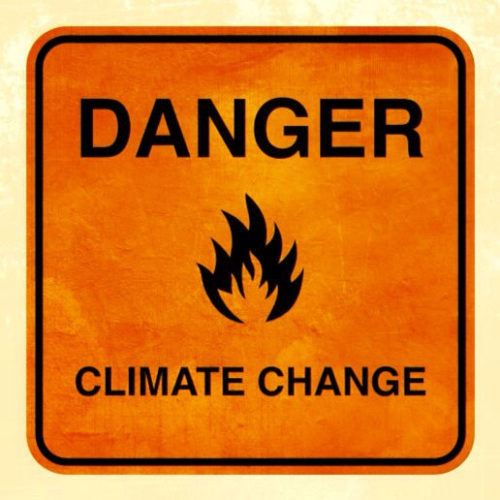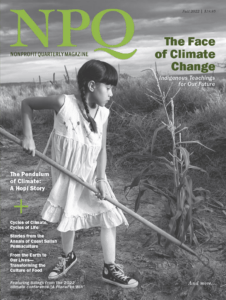
January 23, 2017; Chicago Tribune
Is an ugly kind of self-censorship surfacing in the halls of government? Probably so, and accordingly we need to consider what this means for nonprofits working in fields that may come under fire by the new administration.
A major conference that was to have discussed the human health problems that can be caused by climate change was precipitously cancelled with less than a month to spare. Presenters were sent terse notes with no real explanation for the cancellation in the week before the inauguration. To quote the president-elect, “Sad.”
“Unfortunately, we are unable to hold the Summit in February 2017,” CDC officials wrote, adding vaguely that they might eventually reschedule.
One of the planned keynote speaker was Georges Benjamin, executive director of the American Public Health Association. Benjamin says that the CDC decided to call off the summit as a pre-emptive move, so they would not be explicitly told not to stage the event.
“They ran it up the flagpole and realized that it was so close to the inauguration, the chances of it being canceled were pretty real with the administration that was coming in,” said Benjamin, whose organization was one of the promoters of the event. “Some might argue they should have said, ‘We’re going to do this and make them tell us no.’ But that was the decision they made. We should think of this as a strategic retreat.”
Sign up for our free newsletters
Subscribe to NPQ's newsletters to have our top stories delivered directly to your inbox.
By signing up, you agree to our privacy policy and terms of use, and to receive messages from NPQ and our partners.
Should we?
Edward Maibach, director of the Center for Climate Change Communication at George Mason University, was also scheduled as a speaker. In an email to the Chicago Tribune, he worries that the move will set a precedent of government officials self-silencing to save their agencies and funding.
I don’t know why they canceled the meeting, but I do know the meeting was important and should have been held. Politics is politics, but protecting the health of our citizens is one of our government’s most important obligations to us. Climate change is bad for America, and bad for the world, in so many ways. One of these ways is that it is harming our health, already, and is likely to get much worse over the next few decades unless we take action. As the nation’s public health agency, we need CDC to be fully engaged in protecting our health from climate change.
And, indeed, there are many potential threats that public health officials should be considering, including extreme heat, more frequent outbreaks of diseases transmitted by ticks and mosquitoes, longer allergy seasons, and worsening air quality.
Benjamin says that nonprofits and NGOs will pick up the mantles hidden under the couch by the CDC. “We’re committed to making sure the nation knows about the effects of climate change on health,” he said. “If anyone doesn’t think this severe problem, they are fooling themselves.”—Ruth McCambridge













